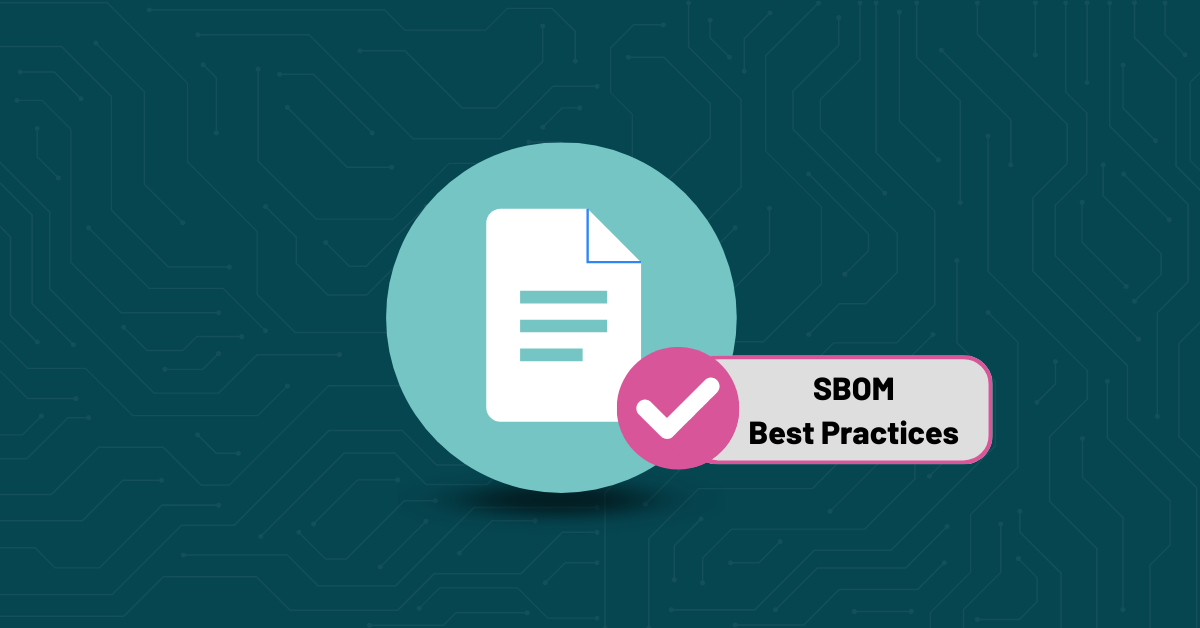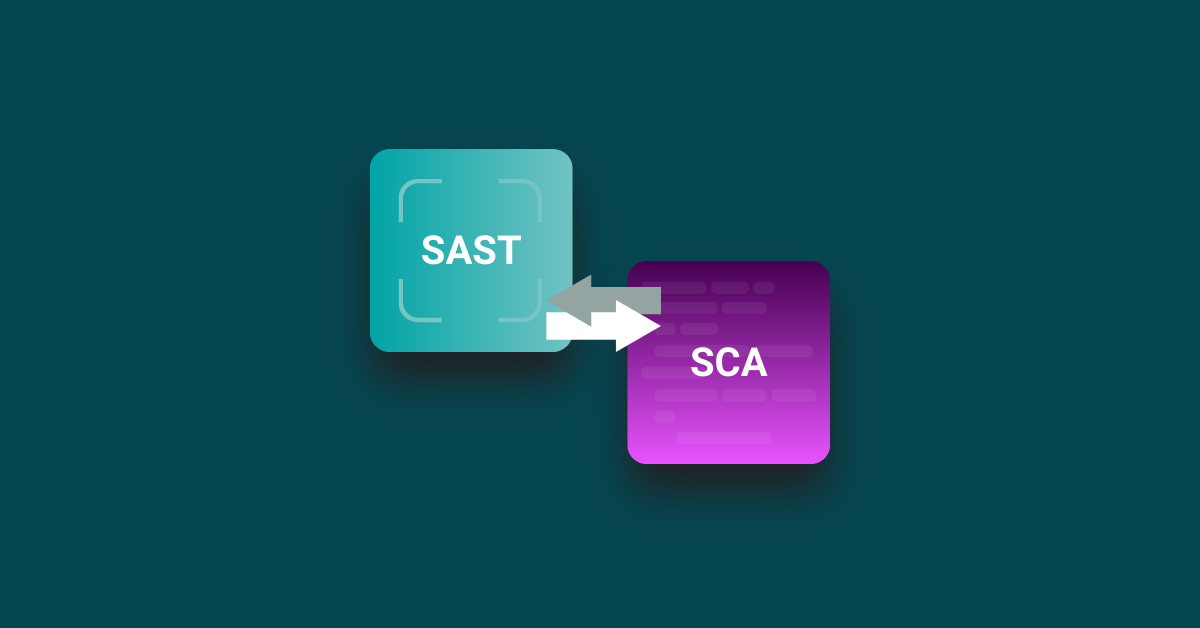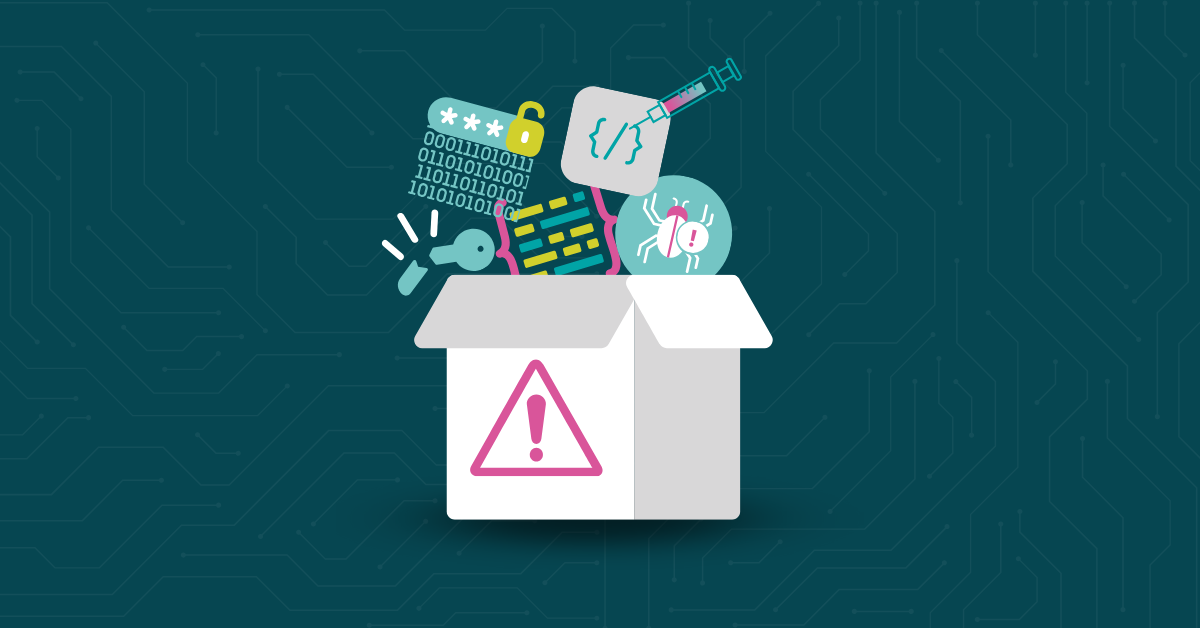

Open-source software has become integral to modern software development with numerous benefits, such as cost-effectiveness, flexibility, and community support. However, along with these benefits come inherent security risks that organizations need to address to protect their systems and data.
One of the biggest challenges with open-source software is the regular cadence of patches and updates. Unlike proprietary software, where the vendor typically manages updates, open-source software often relies on the community to identify and patch vulnerabilities. This can lead to delays in patching critical vulnerabilities, exposing systems to potential attacks.
Due to insecure coding practices, code injection attacks, such as SQL injection and cross-site scripting (XSS), are common in open-source software. Attackers can exploit these vulnerabilities to execute malicious code and compromise systems. To mitigate this risk, you should implement secure coding practices and regularly audit your code for vulnerabilities.
Many organizations lack the security expertise to manage the dangers of open-source software effectively. This can lead to misconfigurations and other security issues easily exploited by attackers. To address this risk, organizations should invest in security training for their development teams and consider hiring security experts to assist with security assessments and audits.
Open-source software often comes with licensing requirements that must be adhered to. Failure to comply with these licenses can result in legal issues and reputational damage for organizations. To avoid compliance issues, you should clearly understand the licensing requirements of the open-source software you use and implement processes such as SCA to ensure compliance.
Supply chain attacks targeting open-source software have become increasingly common. Attackers compromise the software development process by injecting malicious code into the supply chain, leading to widespread security breaches. To mitigate this risk, you should implement secure development practices and conduct regular security audits of your software supply chain.
Open-source software often relies on third-party dependencies, which may have security vulnerabilities. Failure to update these dependencies can leave systems vulnerable to attack. That’s why you need to regularly update your dependencies and use tools to identify and patch vulnerabilities in third-party code.
Attackers can exploit backdoors intentionally inserted into open-source software to gain unauthorized access to systems. These backdoors are often challenging to detect and can remain so for long periods.
Dependencies in open-source software can create a chain of vulnerabilities. If one dependency is compromised, it can compromise the entire software stack. Ensure your team regularly audits your software dependencies and ensures they are up-to-date and secure.
Open-source software often has insecure default settings that must be changed to secure configurations. Failure to do so can leave systems vulnerable to attack. Review and change default settings to secure configurations based on best practices and industry standards.
Inadequate or outdated documentation can lead to misunderstandings and misconfigurations. Your developers may implement the software incorrectly, leading to security vulnerabilities. To mitigate this risk, you should make sure they have access to comprehensive and up-to-date documentation for the open-source software they use.
Open-source projects often involve multiple contributors, which can lead to mismanagement of access privileges. If privileged accounts are compromised, attackers can gain unauthorized access to critical systems. Your team should enforce strict access controls and monitor privileged account activities to address this risk.
Open-source software may inadvertently expose sensitive data through logs, error messages, or misconfigured settings. That can lead to data breaches and compliance issues. You should implement data protection measures and regularly review your software configurations to prevent data leakage.
Some open-source projects may become abandoned or lack long-term support, leaving developers without updates or patches for emerging vulnerabilities. Continually assess open-source projects’ longevity and community support before adopting them, and have contingency plans in place for unsupported software.
Open-source software may lack strong quality assurance processes, leading to the release of unstable or insecure code. To address this risk, your team should implement your quality assurance practices, including thorough testing and code reviews.
The larger ecosystem of tools and libraries associated with an open-source project can introduce vulnerabilities. Compromises in these related tools can affect the security of the primary software. That’s why it’s essential to regularly assess the security of the entire ecosystem and apply updates and patches promptly.
Application security tools such as static analysis and software composition analysis can automatically find vulnerabilities and prevent security breaches early in development. Catching potential issues before they become a bigger problem makes your team’s job easier and saves time and money.
Kiuwan offers a robust suite of application security tools to help you identify and mitigate security risks when using open-source software. Request a free demo of Kiuwan to learn how to make your software secure and compliant with industry standards.


